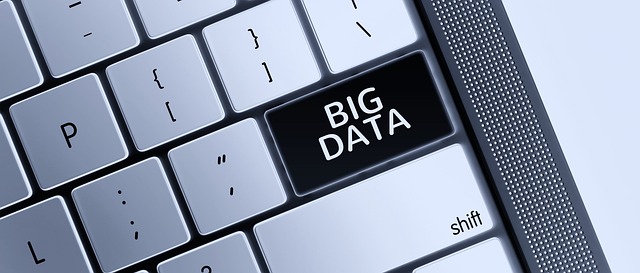In today’s ever-evolving digital landscape, the act of deleting data is no longer just a technical process but has morphed into a facet of modern technology etiquette. As we navigate through an age where our virtual imprints can have tangible consequences, understanding the etiquette of data deletion becomes imperative. But why is this practice so significant, and what are the social trends driving these changes in data protection?
Technology Etiquette: The New Norms
The concept of technology etiquette encompasses a broad spectrum of digital interactions, from how we communicate via email to how we manage our online presence. Data deletion, an integral part of this etiquette, emphasizes respect and responsibility in handling digital footprints. Whether it’s personal information or corporate data, the respectful deletion of no-longer-necessary files signifies an understanding that data continuation can pose security risks and breach confidentiality.
Laws like the GDPR and CCPA have formalized these practices, setting a legal precedent for what was once considered merely courteous. By adhering to these guidelines, individuals and businesses alike showcase a grounded awareness of the impact their digital activities have on privacy and security.
Social Trends: Driving Change in Data Protection
As conversations around data privacy gain momentum, social trends are increasingly leaning towards prioritizing data transparency and protection. The public’s growing concerns over data misuse and high-profile security breaches have catalyzed a cultural shift, placing great importance on how data is managed and, ultimately, deleted.
Social media platforms and tech companies are responding by providing users with more control over their data. Features allowing users to manage, download, and delete personal information are becoming standard, reflecting a shift towards user empowerment. This empowerment is not just a trend; it represents the societal demand for autonomy over one’s digital narrative.
Data deletion etiquette has similarly adapted to these trends, with new norms and expectations arising. The meticulousness once reserved for crafting an online persona is now equally applied to how we retract and obliterate data trails that are no longer of use. Engaging in responsible data deletion is now a marker of sophistication and digital literacy.
This rising awareness underscores a collective movement towards a more conscientious digital presence, where the etiquette of data deletion is intertwined with larger discussions on ethics and technology.




